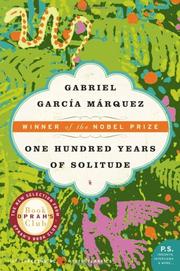Book List

Cloud Atlas
by David Mitchell
Posted by: Jonh
A postmodern visionary who is also a master of styles of genres, David Mitchell combines flat-out adventure, a Nabokovian lore of puzzles, a keen eye for character, and a taste for mind-bending philosophical and scientific speculation in the tradition of Umberto Eco, Haruki Murakami, and Philip K. Dick. The result is brilliantly original fiction as profund as it is playful.

Olhos d’água
by Conceição Evaristo
Posted by: Dona Maria
A autora por meio de contos fictícios, apesar de nem tão fictícios assim, aborda a dura realidade do cotidiano de mulheres negras periféricas, do silenciamento e apagamento vivenciado pelas mesmas. Da violência vivida diariamente por todos os moradores da favela, e das opções que essas pessoas têm de trabalho e sobrevivência. Ela se posiciona com sua caneta pesada, dando voz e luz aos seus personagens, permitindo ao leitor sentir junto com o virar de páginas.

One Hundred Years of Solitude
by
Posted by:
A landmark 1967 novel by Colombian author Gabriel Garcia Marquez that tells the multi-generational story of the Buendía family.

Norwegian Wood
by
Posted by: mimi
A nostalgic story of loss and burgeoning sexuality by Japanese author Haruki Murakami, set in 1960s Tokyo.

Half of a Yellow Sun
by
Posted by: mimi
A novel by Nigerian author Chimamanda Ngozi Adichie, focusing on the Nigerian Civil War and its impact on the people of Nigeria.

Harry Potter and the Sorcerer's Stone
by Haruki Murakami
Posted by: mimi
The first novel in the Harry Potter series by J.K. Rowling, following the young wizard Harry Potter's first year at Hogwarts School of Witchcraft and Wizardry.

1984
by
Posted by: Miguel
A dystopian novel by George Orwell set in a totalitarian society under constant surveillance. It explores themes of censorship, propaganda, and individualism.

State and Revolution
by Vladimir Lenin
Posted by: Dona Maria
Lenin describes the transition from capitalism to communism as a process that begins with replacing the existing order of exploitation. This would be done through the machinery of the state, which currently ensures that a minority enjoys rights such as democracy, equality, and justice. By reversing this order, society would enter a phase of dictatorship by the proletariat—a temporary stage necessary to establish the conditions for communism. During this phase, when the basic needs of the majority are met, the state, which was created to alienate one group from another, will gradually "wither away." Only then will society reach a point where the state apparatus is no longer needed, allowing for the realization of communism. Lenin is clear in stating that the path to communism involves violence and bloodshed, but he also emphasizes that this violence is already being perpetrated by the privileged minority against the impoverished majority. In the first phase, Lenin discusses Marx's critique of Lassalle's ideas. Lassalle suggested using a portion of the product of labor to fund social services like hospitals and schools, rather than dedicating it entirely to workers. In this first phase, the means of production will be taken over by society as a whole, ending private ownership. Each member of society will work and receive a certificate corresponding to the amount of time worked, which will be used to claim goods, with some deductions made for public funds. While bourgeois law will still exist in this phase, the means of production will become common property, marking the beginning of socialism. This phase is seen as a necessary step in preparing people to manage society's productive machinery. Once equality is achieved among the majority who now control this machinery, the state and its laws will begin to fade away. In the higher phase of communist society, the state will have completely disappeared, as its machinery is no longer needed. This phase represents the full development of communism, emerging naturally from socialism, which itself evolved out of capitalism. In this stage, laws and bureaucracy will also vanish, as everyone will have learned how to manage the means of production, which will have become public property. The key distinction of this higher phase is that the distribution of goods and services will no longer require a state apparatus. People will take what they need freely, and at that point, true communism will have been achieved.
